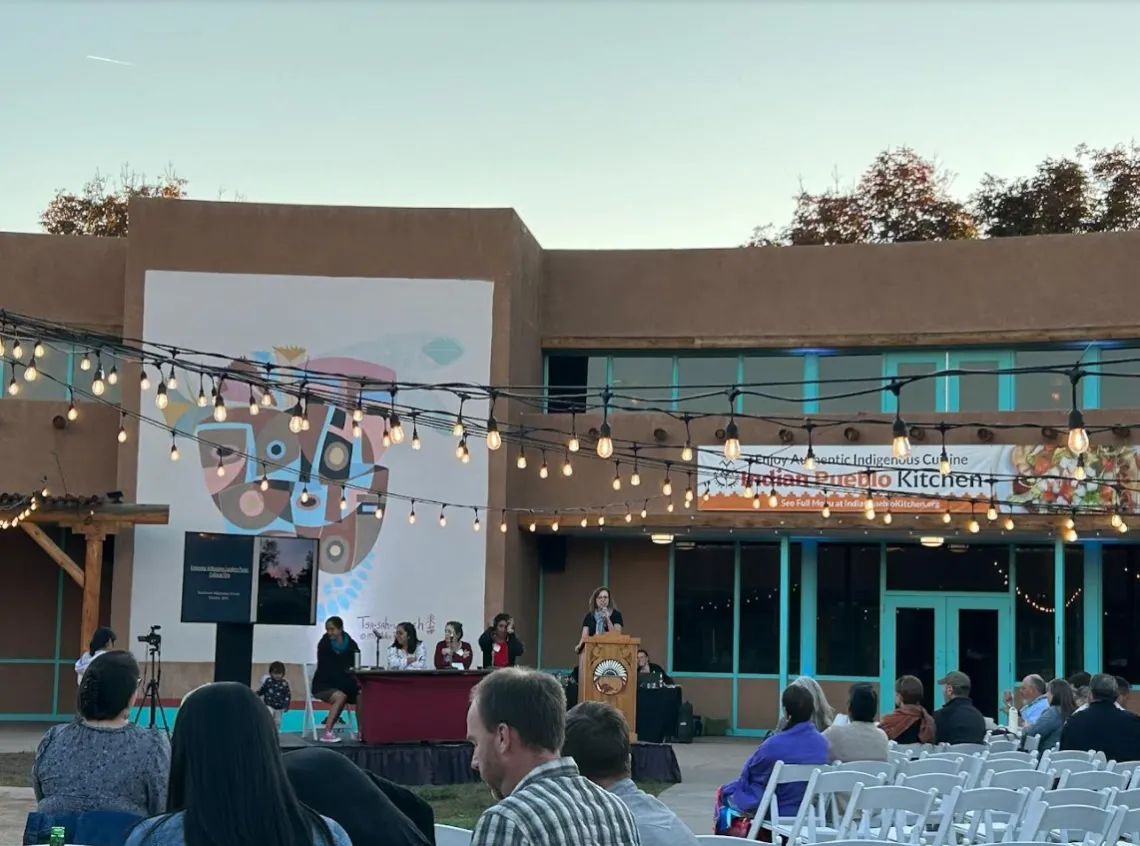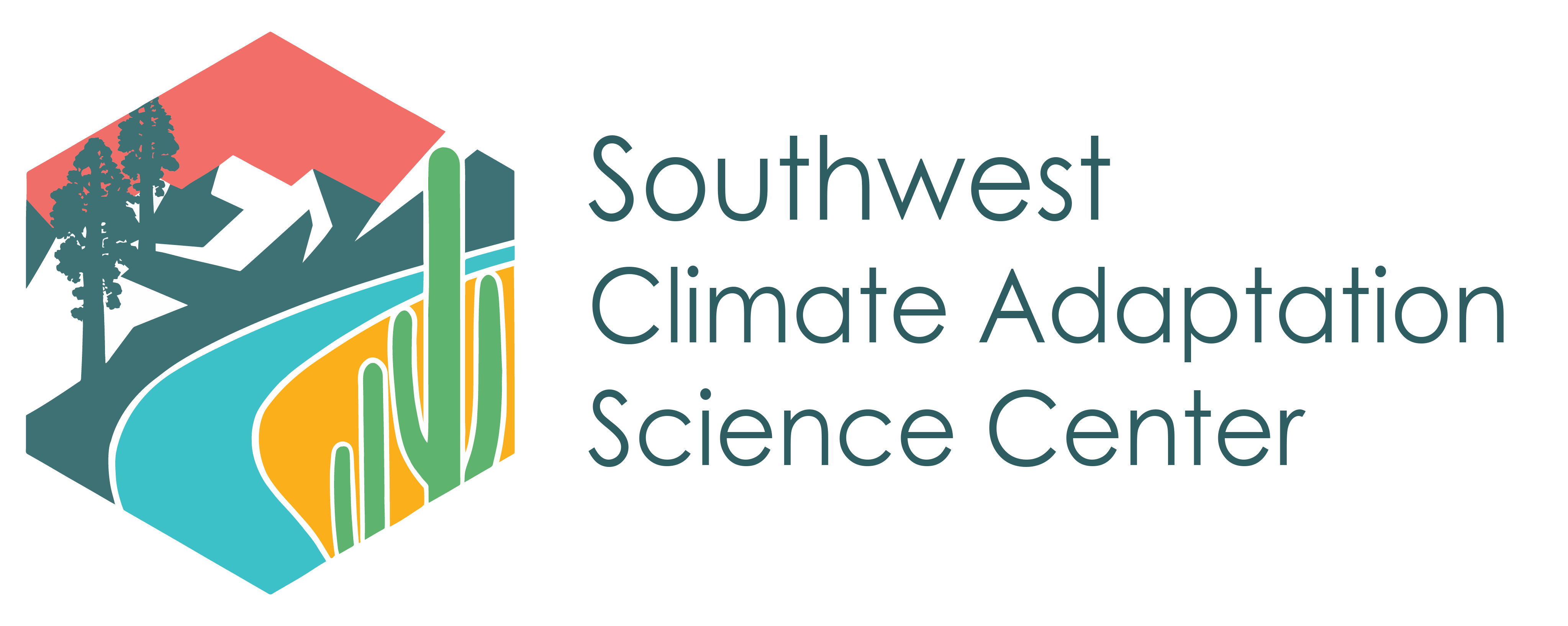Reflections on SWAF 2022 from Science Applications & Communications Coordinator Sarah LeRoy

About a month ago, Southwest regional adaptation researchers and practitioners gathered at the Indian Pueblo Cultural Center (IPCC) in Albuquerque, NM, to work together on advancing climate adaptation work in the region. The 3rd Southwest Adaptation Forum (SWAF) began in the afternoon of Indigenous People’s Day with a welcome and opening address from The Department of Interior Secretary Deb Haaland and Ann Marie Chischilly (Northern Arizona University), where together we honored the extensive and deep-rooted contributions of Indigenous peoples to the culture, prosperity, and governance of the Southwest. SWAF participants were able to participate in celebratory festivities hosted by the IPCC earlier in the day, with local artists and musicians, and that evening we enjoyed a lovely reception, where we were able to meet each other and learn about each of our roles in our collective work to adapt to climate change.
While Day 1 was mostly spent celebrating and getting to know each other, Day 2 was where the real work began! We heard from panelists about their efforts to integrate all voices and knowledges in climate adaptation work, and we had time to discuss how we are doing this in our own work, and how we are working to overcome barriers and challenges. We had some topic-focused discussions around drought and aridification and fire and flood, where we talked about whether we have witnessed ecosystem transformation as a result of these extremes, which strategies we have seen that show the most promise in addressing these topics, and what we think are the most important needs to move forward and make progress in these areas. We also participated in a session where we heard about many of the tools and decision-support approaches that are available in the region. At the end of the day, we were all exhausted and ready to move outside and socialize with our colleagues over some delicious food. The amazing venue allowed for just this, as we took advantage of the beautiful courtyard and weather, and then listened to an engaging panel of emerging Indigenous leaders working on cultural fire in California.
On Day 3, participants focused on the ways many of us are implement the approaches discussed on Day 2, including ideas for overcoming barriers preparing for post-fire flooding and extreme events, engaging in meaningful shared stewardship through co-management of our lands, and gaining access to funding for adaptation action. While SWAF was exhausting (especially Day 2!), everyone I spoke to was thrilled to be at an in-person event, meeting people they had only met on Zoom previously and expanding their network of adaptation colleagues. Participants commented on the transdisciplinarity and diversity of the attendees, and appreciated being able to network with people they wouldn’t normally work with. Suggestions for improving the next SWAF included further increasing the diversity of participants, spreading the agenda over 3 days instead of 2, and including a field trip to see a project in action.
We recorded much of the event, and aim to have the recordings and presentations posted to the SW CASC website in the next week. If you are interested in helping to plan the next SWAF, please reach out. We hope to see you at the next SWAF!

